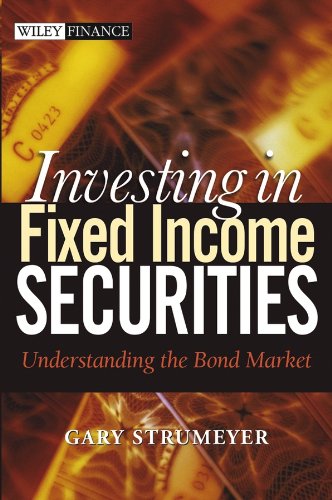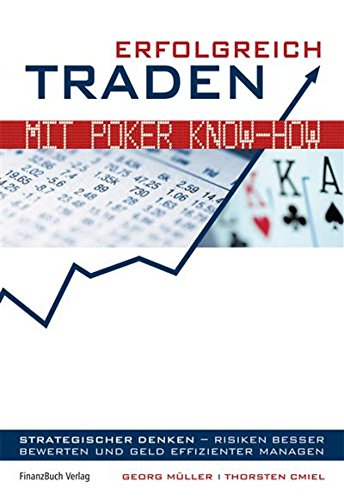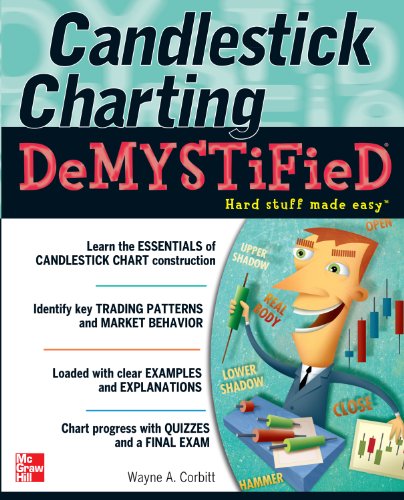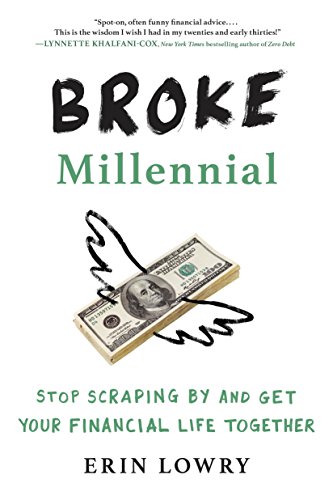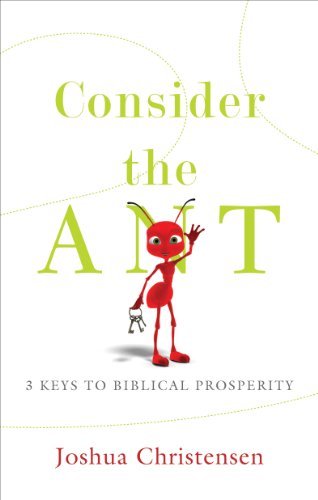By Edward N. Wolff
Inheritances are usually considered as a societal "evil," permitting nice fortunes to be handed from one new release to a different, hence exacerbating wealth inequality and lowering wealth mobility. Discussions of inheritances in the US call to mind the Vanderbilts, Rockefellers, and "trust fund babies"---people who obtain sufficient cash via inheritances or presents that they don't have any have to paintings in the course of their lifetime. notwithstanding those are, in fact, severe outliers, inheritances in the US have a name for being a fashion the wealthy hold getting richer. In
Inheriting Wealth in America, Edward Wolff seeks to counter those misconceptions with information and arguments that remove darkness from who inherits what within the usa and what effects from those wealth transfers.
Using info from the Survey of shopper Finances---a triennial survey carried out by way of the Federal Reserve Board that includes unique info on loved ones wealth, inheritances, and gifts---as good because the Panel research of source of revenue Dynamics and a simulation version over years 1989 to 2010, Wolff stories six significant findings at the kingdom of inheritances in the United States. First, wealth transfers (inheritances and presents) accounted for only one area of loved ones wealth. although, for individuals age seventy five and over, the determine was once approximately two-fifths on the grounds that they've got extra time to obtain wealth transfers. oblique proof, derived from the simulation version, shows a determine toward two-thirds at finish of lifestyles - most likely the simplest estimate. moment, regardless of prognostications of a coming "inheritance boom," it has no longer materialized but. just a small (and statistically insignificant) uptick in usual wealth transfers used to be saw over the interval, and wealth transfers have been truly down as a percentage of loved ones wealth. 3rd, whereas wealth transfers are better in buck quantity for richer families than poorer ones, they represent a smaller percentage of the gathered wealth of the wealthy. Fourth, opposite to renowned trust, inheritances and presents, on web, lessen wealth inequality instead of elevating it. the explanation is that inheritances and especially presents ordinarily circulate from richer to poorer folks, hence decreasing wealth inequality. 5th, regardless of a fast upward push in source of revenue inequality, the inequality of wealth transfers exhibits no discernible time pattern from 1989 to 2010, neither upward nor downward. 6th, one of the very prosperous, the percentage of wealth accounted for via wealth transfers is unusually low, merely a few 6th, and this proportion has trended considerably downward over time.
It is right that inheritances and presents are unequal, with just one 5th of households receiving wealth transfers and those transfers benefitting the wealthy way over the center type and the terrible. That, even if, isn't the entire photograph of inheritances in the United States. Clearly-written and illuminating, this books expertly distills an abundance of information on inheritances into very important takeaways for all who ask yourself in regards to the present nation of inheritances and presents within the United States.

